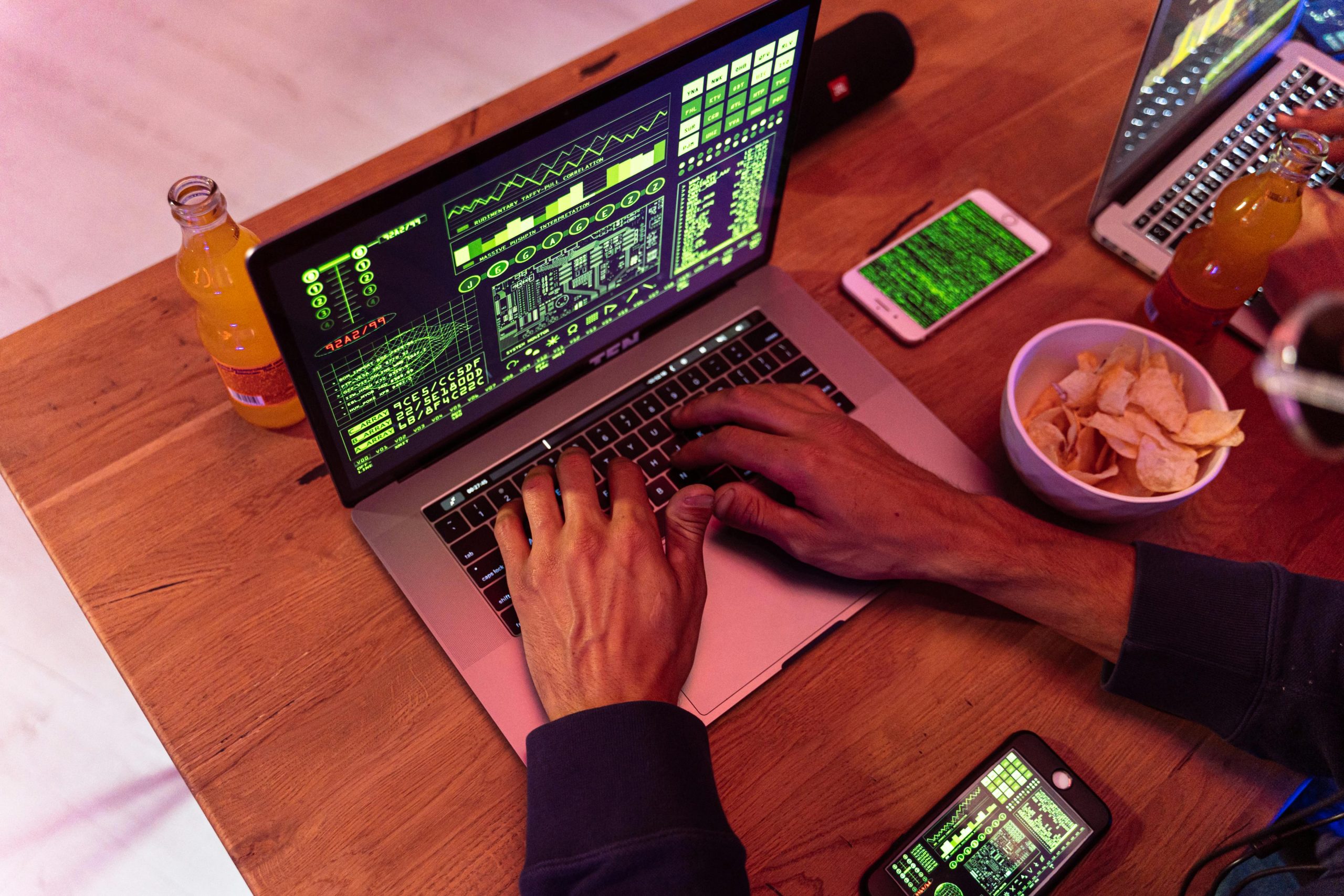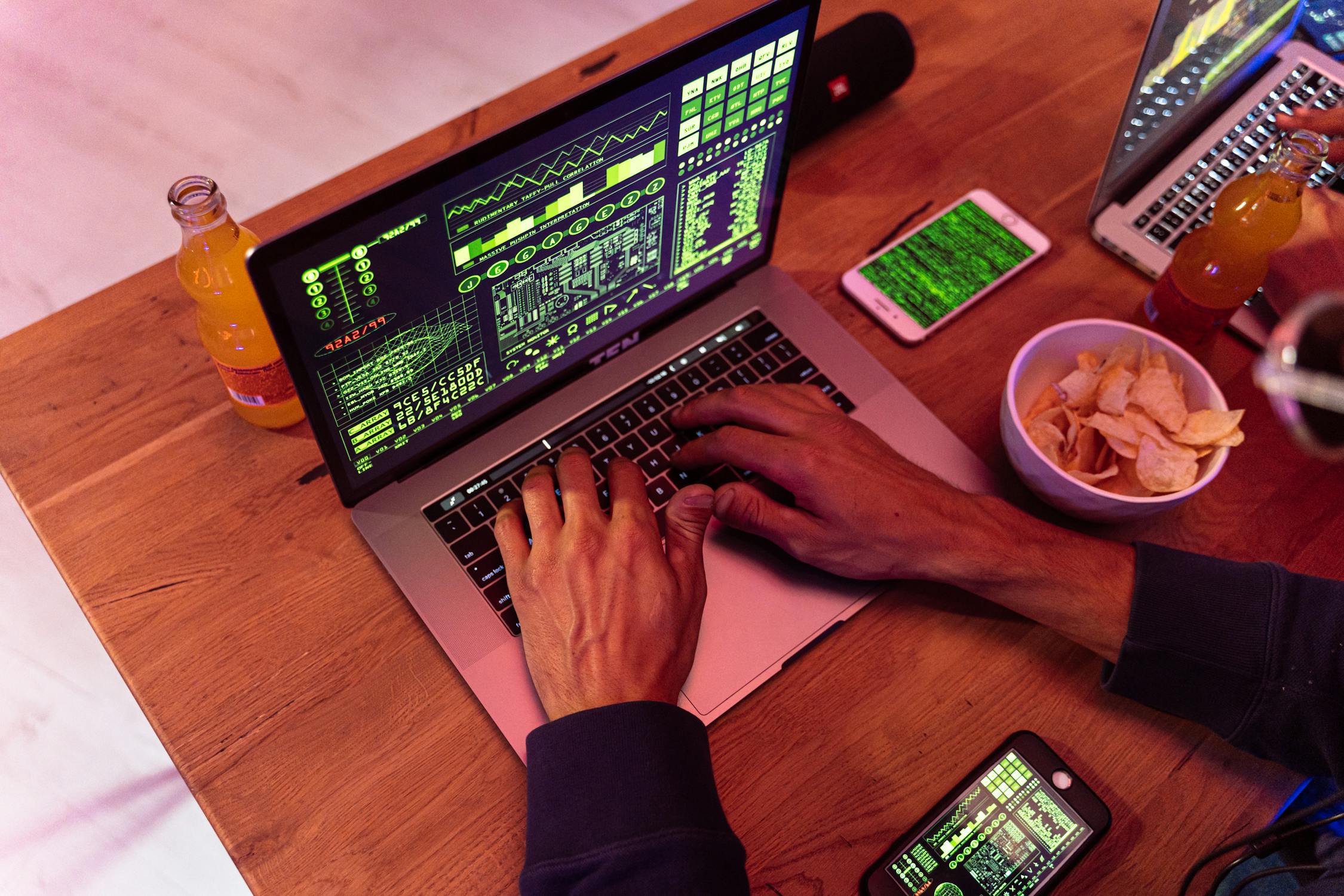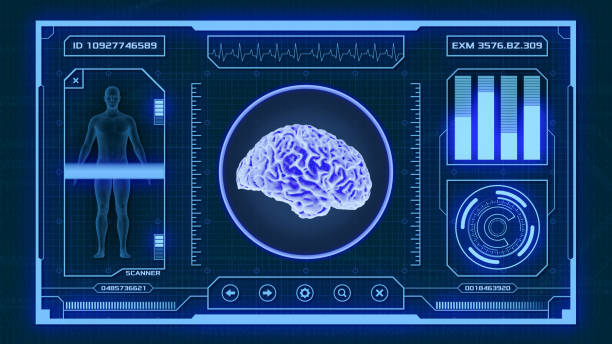Cybersecurity and Data Privacy Challenges
We are living in a time where the internet is everywhere. Every day we use it for studies, games, chatting, shopping, and even paying money. Life feels impossible without it. But along with all the benefits, there are also dangers. Two of the biggest problems in today’s online world are cybersecurity and data privacy. These are big words, but actually very simple to understand. Cybersecurity means protecting ourselves on the internet, and data privacy means keeping our personal information safe.
What is Cybersecurity?
Imagine your house. You always keep the doors and windows locked so that no thief can enter. Cybersecurity is like those locks, but for your computer and mobile. It stops hackers, viruses, and online thieves from entering your digital life.
If there is no cybersecurity, anyone can break into your online accounts, steal your money, or even use your photos and files without permission. That’s why we need strong online protection.

What is Data Privacy?
Data privacy is about our personal details. For example:
-
Our name and phone number
-
Our photos and videos
-
Our school details
-
Bank account or passwords
-
Even what we search on Google
All this is our data. Just like we don’t tell strangers our secrets, we should not let strangers see or use our online data. If this data is leaked, it can be very dangerous.
Also Raed: Latest Cars 2025 – The Future of Innovation, Style and Power
Why Are They Important?
-
To save money – Hackers can steal from bank accounts.
-
To save identity – People can make fake accounts using your name and photo.
-
To keep trust – If websites don’t protect our data, we will stop using them.
-
To keep schools and hospitals safe – Cyberattacks can even stop important work.
-
To enjoy the internet safely – Without security, we can never feel free online.
Main Problems in Cybersecurity
Even though technology is advanced, hackers also keep finding new tricks. Some of the main problems are:
1. Weak Passwords
Many people use easy passwords like “123456” or their own name. Hackers can guess them in seconds.
2. Phishing
Phishing means fake emails or messages that look real. They ask us to click on a link or give details. If we believe them, we get hacked.
3. Ransomware
This is a type of virus that locks your computer and asks for money to unlock it. Many schools and companies have faced this.
4. Data Breaches
Sometimes big companies lose millions of users’ information. Hackers sell this data on the dark web.
5. Social Media Oversharing
Many people share too much online, like addresses, daily routines, or family details. Hackers can use this information against them.
Real-Life Examples
-
In 2017, a virus called WannaCry attacked computers all over the world. Even hospitals had to stop work.
-
Yahoo had a huge data breach where billions of users’ details were stolen.
-
Facebook–Cambridge Analytica scandal showed how people’s data was used without asking them.
-
Many celebrities have had their social media accounts hacked just because of weak passwords.
These show that cyberattacks can happen to anyone – students, companies, or even governments.
Also Raed: Robots are machines that help humans in work and daily life.

Data Privacy Challenges
Data privacy has become harder because:
-
Apps and websites collect too much data.
-
People don’t read privacy policies.
-
Many countries don’t have strong laws.
-
Kids and teenagers often share too much on social media.
-
Companies sometimes share data with advertisers.
How Can We Stay Safe?
Here are some simple steps for students and normal users:
-
Use strong passwords – Mix numbers, letters, and symbols.
-
Don’t click on strange links – If something looks suspicious, ignore it.
-
Keep apps updated – Updates fix many security problems.
-
Use two-step verification – Even if someone knows your password, they can’t log in without your code.
-
Share less online – Don’t post your address, phone number, or personal details.
-
Use antivirus software – It helps block viruses and hackers.
Role of Parents and Schools
Parents should guide children about safe internet use. They can set rules like not sharing passwords with friends and limiting social media use. Schools should teach online safety just like they teach maths and science. If kids learn from a young age, they will stay safe later too.
Role of Government
Governments also need to make strict rules. In Europe, there is a law called GDPR which forces companies to protect user data. Other countries are also making similar rules. But cybercrime is global, so countries must work together.
The Future of Cybersecurity
Technology will keep growing. We will see more online classes, smart homes, driverless cars, and even the metaverse. This means more chances for hackers too. In the future:
-
Hackers may use artificial intelligence.
-
Quantum computers might break old security methods.
-
New technology like face recognition will bring new privacy problems.
So we need to be ready with stronger protection.
Conclusion
Cybersecurity and data privacy are very important in today’s life. If we are not careful, hackers can steal our money, our identity, or even control our devices. But if we take small steps like using strong passwords, sharing less online, and keeping our software updated, we can stay safe.
The internet is like a road. It is useful but also dangerous if we don’t follow rules. Just like we wear seatbelts in cars, we must use cybersecurity in our online life. If we are smart and careful, we can enjoy the benefits of technology without fear
FAQs
What is Cybersecurity?
Cybersecurity means protecting computers, phones, and online accounts from hackers, viruses, and cybercriminals. It works like a lock on our digital life. Without cybersecurity, anyone can enter our accounts, steal money, or misuse our data.
What is Data Privacy?
Data privacy is about keeping our personal information safe. This includes our name, phone number, address, bank details, photos, and even what we search online. If data privacy is not maintained, hackers or strangers can use our personal details in a wrong way.
Why Are Cybersecurity and Data Privacy Important?
They are important because they protect our money, identity, and secrets. Cybersecurity builds trust between users and companies. It also keeps schools, hospitals, and even governments safe from cyberattacks. Without it, the internet would not be safe to use.What Are the Main Challenges in Cybersecurity?
Some common problems are weak passwords, phishing emails, ransomware attacks, social media oversharing, and data breaches in big companies. Hackers are always finding new ways to attack, which makes cybersecurity a big challenge.
Can You Give Real-Life Examples?
In 2017, the WannaCry virus attacked computers in more than 150 countries, even hospitals. Yahoo faced a huge data breach where billions of user accounts were hacked. Facebook’s Cambridge Analytica case showed how millions of users’ data was misused for political ads.
How Can Students Stay Safe Online?
Students can stay safe by using strong passwords, not clicking on strange links, and keeping apps updated. They should use two-step verification on accounts and share less personal information on social media. Antivirus software also helps protect against attacks.
What Are Emerging Challenges in the Future?
In the future, hackers may use artificial intelligence for smarter attacks. IoT devices like smart TVs and cameras can be hacked. Cloud storage can also face leaks. New technologies like the metaverse will bring new privacy risks.
What Are Good Topics for Cybersecurity Research?
Some good topics are: the role of AI in cybersecurity, IoT security, post-quantum cryptography, cybersecurity in online learning, and data privacy on social media platforms.




